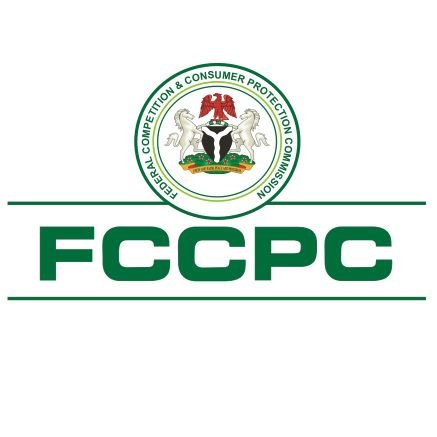
The Federal Competition & Consumer Protection Commission (FCCPC) has expressed readiness to probe the market leaders across the country over the ‘exploitative’ prices of food commodities.
FCCPC also disclosed that it will engage others in the supply and distribution chain nationwide in order to mitigate inflation.
The Executive Vice Chairman/Chief Executive Officer of the Agency, Mr. Tunji Bello made this known in a statement issued on Monday.
“Pursuant to Sections 17(l) (s),116 (2),124,125,138 and 155 of the Federal Competition and Consumer Protection Act (FCCPA) 2018.
“In the coming days, the Federal Competition and Consumer Protection Commission (FCCPC) will be engaging leaders of markets and others in the supply and distribution chain across the nation as part of a broader initiative to check exploitative pricing of consumer goods.
“While it is recognized that the exchange rate has impacted the value of the Naira, it is however observed that prices charged are, in most cases, disproportionate for imported products and excessive for locally produced ones.
“This unfair practice is prevalent in the retail segment of the distribution chain where some market associations are engaged in price fixing at the expense of consumers.
“Working with the market leaders, the Commission believes an understanding can be reached on reasonable pricing of products with a view to eschewing undue profiteering at the expense of consumers at a time of economic challenges,” the statement reads in part.
The Commission noted that it will sustain the interaction so as to foster a better market culture that makes allowance for the trader’s margin without leaving buyers exploited.
FCCPC also stated that its advocacy for Nigerian consumers in this direction is consistent with the renewed hope agenda of President Bola Tinubu.
“Already, the Commission has mandated the operators of supermarkets to visibly display the prices of products displayed on their shelves to shoppers for transparency and avoid an ambush situation where they only get to know of the prices after payment would have been made at the counter and receipt issued,” it added.








